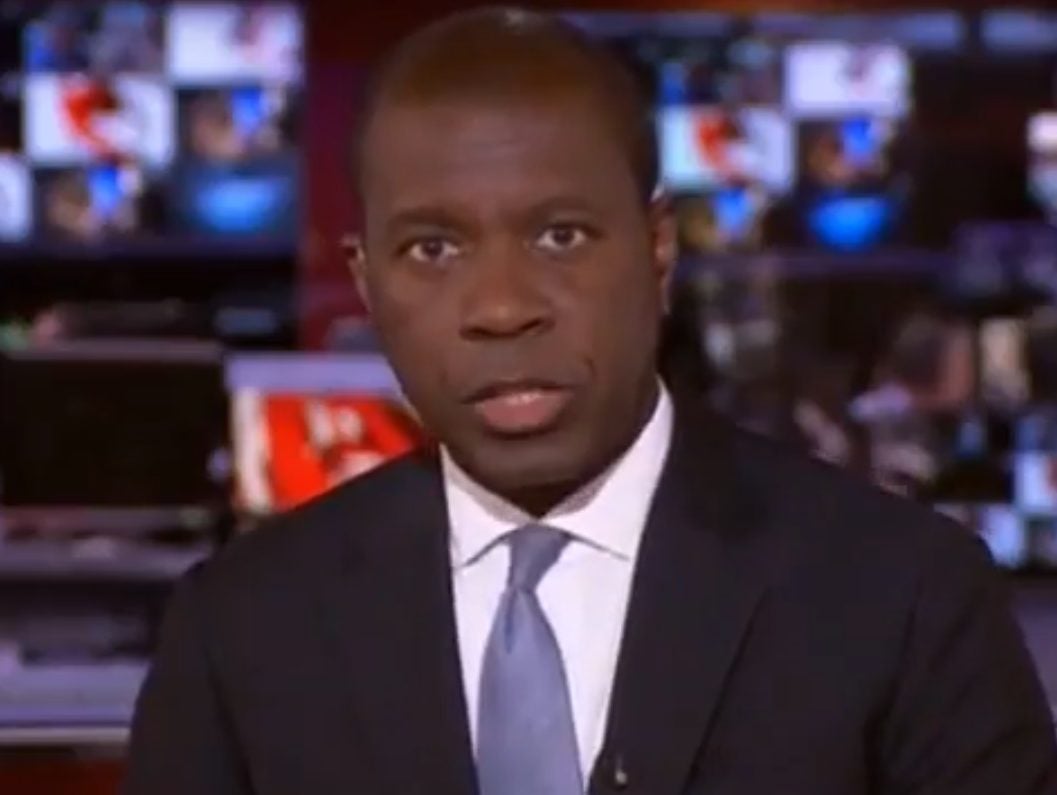
Clive Myrie has warned the government against turning the BBC into a subscription business, arguing that doing so could imperil the future of its news service.
The BBC journalist and presenter also suggested that the privatisation of Channel 4 could result in its flagship news programme being axed.
Delivering the Steve Hewlett Memorial Lecture at the University of Westminster on Monday night, the news presenter and Mastermind host called on Liz Truss’s new government to protect the BBC and Channel 4 from private sector pressures.
“The culture secretary of our new Prime Minister has to make a renewed commitment to quality public service broadcasting, at the BBC and Channel 4,” he said. “It is too important to be left in the hands of a free market.”
Currently, the BBC is publicly owned and primarily funded by the licence fee. Channel 4 is publicly owned and commercially funded.
Myrie believes that the subscription models of Netflix, Amazon Prime and Disney+ would not support the BBC and its public service mission.
“Inevitably, subscription would require the corporation to focus on programming that’s big and sellable,” he said.
“And while the BBC does indeed sell shows and formats right around the world, at its core is a commitment to public service broadcasting and universality. Which means an equal focus on output that the market isn’t interested in providing – like a news division, for example, that’s impartial. Indeed, even having a news division at all.”
He noted that British broadcasters’ coverage of the Ukraine war has been widely praised, including by culture secretary Nadine Dorries, who “teared up in parliament citing the bravery of all the journalists from the UK’s public service broadcasters, in bringing the Ukraine story to viewers, listeners and readers.
“And yet, how quickly we forget. The debate about the future funding of the BBC is still up in the air, and plans are progressing to sell off Channel 4, despite a record surplus of £74m, announced in June.
“If privatised, this cash would go to shareholders instead of being seen on the telly, having been recycled into independent productions. Can we guarantee there will be a Channel 4 News after privatisation? Not necessarily.”
Under Boris Johnson’s leadership, the current Conservative government has indicated a desire to reform the BBC’s funding model and consider the privatisation of Channel 4.
Earlier on Monday, Liz Truss was confirmed as successor to Johnson. During her campaign, Truss indicated she would look into decriminalising non-payment of the licence fee. And when asked about Channel 4 privatisation in June, she told reporters: “Where possible, it’s best to have companies operating in the private sector rather than the public sector. I will look in detail at the business case on Channel 4.”
On Monday night, it was widely reported that Johnson’s culture secretary, Nadine Dorries, would step down from her role under Truss’s government.
The Steve Hewlett Memorial Lecture was hosted by the Royal Televsion Society and the Media Society.
Photo credit: BBC
Email pged@pressgazette.co.uk to point out mistakes, provide story tips or send in a letter for publication on our "Letters Page" blog
